Undoubtedly, fuel is one of the most essential commodities in the country. With fuel prices nearing Rs. 100 per liter, it has significantly impacted monthly budgets for many households. This situation has driven two-wheeler manufacturers to focus on fuel-efficient vehicles. Buyers, too, have become more conscious, prioritizing bikes that offer excellent mileage. After all, no one wants to invest their hard-earned money in a bike that delivers less than 50 km/l. So one question that comes to our mind is how to increase bike mileage? Are there any tips by which we can increase the mileage of our existing bike?
However, achieving good mileage depends not only on the bike itself but also on the way it’s used. Factors like improper gear shifting, carrying excessive loads, aggressive acceleration, and skipping routine maintenance can all lower a bike’s efficiency.
In this article, we will give you 10 best tips to increase the mileage of your bike and use every drop of fuel.
10 Best Tips To Increase Bike Mileage
1) Timely Bike Servicing
Regular servicing is crucial for maintaining your bike’s efficiency. Follow the manufacturer’s service schedule to ensure your two-wheeler is in top condition. Neglecting periodic maintenance can lead to clogged filters, worn-out spark plugs, or engine inefficiencies, all of which affect fuel consumption.
2) Maintain Proper Tire Pressure
Maintaining the correct tire pressure can significantly impact your bike’s mileage. Overinflated tires, particularly in cooler temperatures below 40°C, can reduce rolling resistance, improving fuel efficiency. However, avoid over-inflating excessively, as it can affect grip and safety. Ensure the tires are adequately squished at the base to create the necessary flat contact patch for optimal performance.
3) Replace or Clean the Air Filter
A clogged air filter can restrict airflow to the engine, reducing fuel efficiency and overall performance. Ensure that the air filter is cleaned or replaced during routine servicing. Clean filters not only improve mileage but also boost acceleration.
4) Use High-Quality Engine Oil
Engine oil plays a critical role in your bike’s performance. Using the wrong type or low-quality oil can hinder the engine’s efficiency and increase fuel consumption. Regularly check and replace the engine oil as per your mechanic’s recommendation to ensure smooth functioning.
5) Choose Quality Fuel
Opting for cheaper, low-quality fuel to save a few rupees can harm your bike’s engine in the long run. Always refuel from authorized fuel stations to ensure you’re getting uncontaminated, high-quality petrol that keeps your engine running efficiently.
6) Avoid Over-Acceleration
Frequent braking, over-speeding, and aggressive acceleration burn significantly more fuel. Riding at a steady and economical speed not only improves mileage but also ensures a safer journey.
7) Optimize Carburetor Settings
The carburetor uses the vacuum venturi effect to regulate fuel supply to the engine. Proper tuning of the carburetor can enhance mileage. Warm up your engine before adjusting the carburetor for the best results.
8) Shift Gears Smoothly
Frequent gear changes or riding at low speeds in higher gears can impact mileage. Practice smooth gear transitions to reduce strain on the clutch and improve your bike’s average fuel efficiency.
9) Avoid Heavy Traffic and Idle Stops
Planning your route to avoid traffic congestion is an excellent way to save fuel. During unavoidable stops, like at traffic signals, switch off your engine to prevent wastage.
10) Replace Old Spark Plugs
Worn-out or damaged spark plugs can reduce mileage by up to 30%. If you notice a sudden drop in fuel efficiency, inspect the spark plug for signs of wear and tear. Replacing it at regular intervals can help maintain consistent performance.
Bonus Tip: Refuel During Cooler Hours
Refuel your bike in the early morning or late at night when the fuel is denser due to cooler temperatures. This ensures you get more fuel for the same price, as heat during the day causes slight evaporation.
Conclusion
By adopting these pro tips, you can definitely Increase your bike’s mileage, save money, and contribute to a greener environment. Consistent care and mindful riding habits make a big difference. If you like our article then please rate it and share your suggestions with us through the comment box.
Increase Bike Mileage (FAQ)
Why Is My Bike Mileage So Low?
How do I Make My Bike Fuel Efficient?
Does Riding At a Constant Speed Help in Increasing Mileage?
How Often Should I Service My Bike to Maintain Optimal Mileage?
Can Overloading My Bike affect its Fuel Efficiency?
Is It True that Using Higher-octane Fuel Increase Bike Mileage?
How Does Tire Pressure Influence Fuel Efficiency?
What Role Does the Air-filter Play in a Bike’s mileage?
Does Frequent Short-distance Riding Affect Fuel Efficiency?
Can modifying My Bike Increase its Mileage?
Is Engine Idling Detrimental to Fuel eEconomy?
What is a Safe RPM for a Bike?
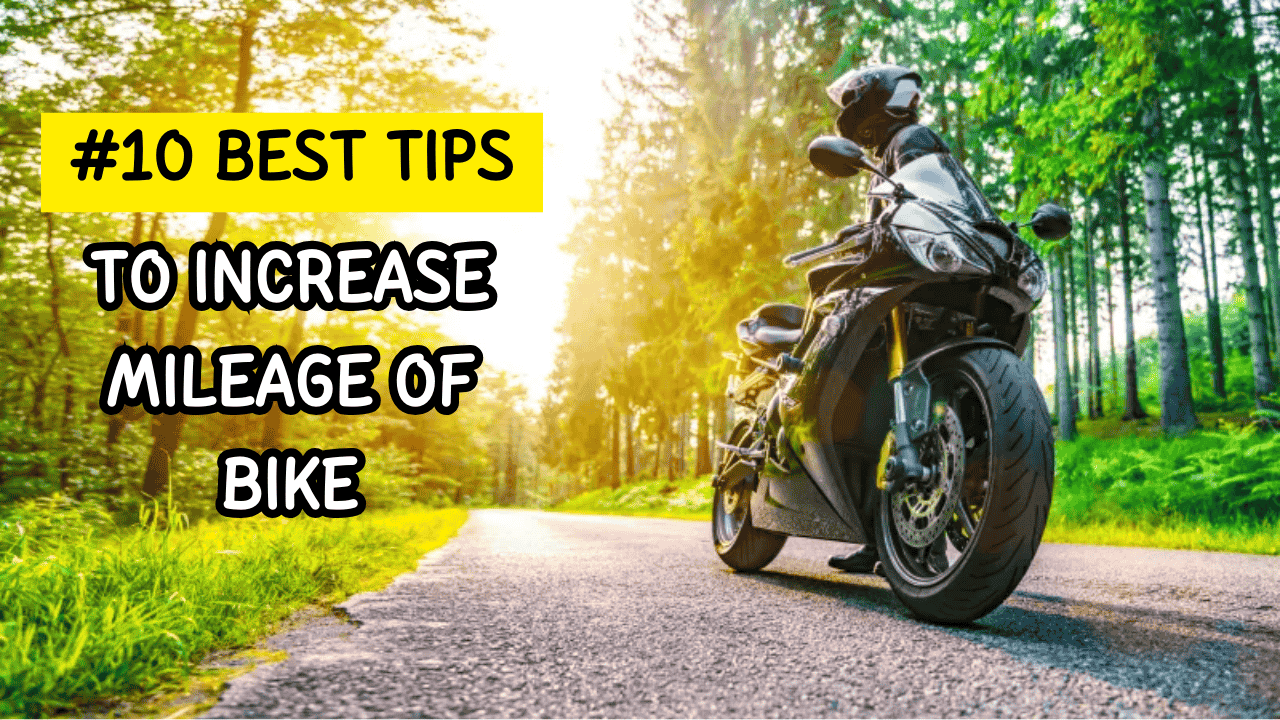
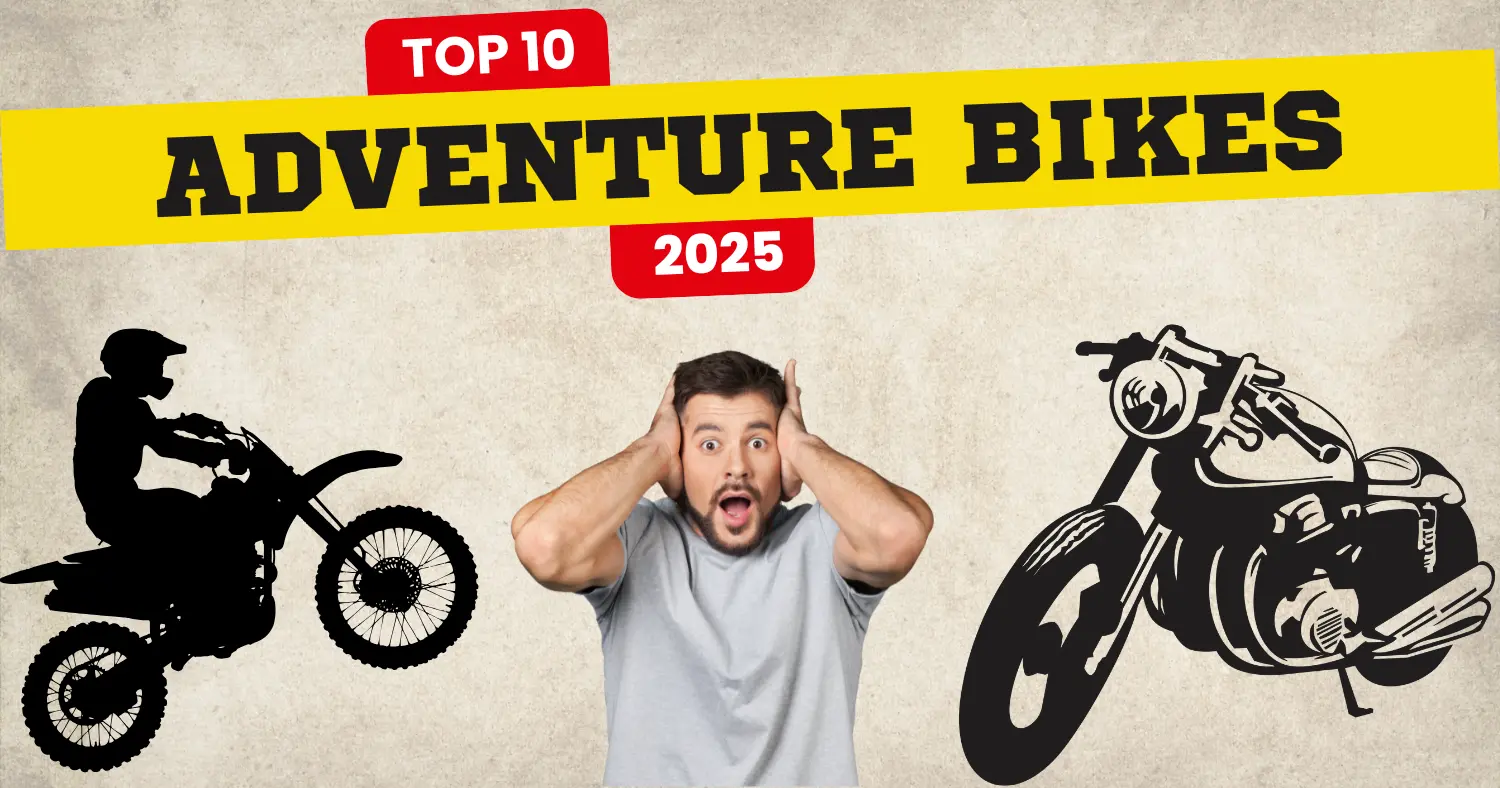
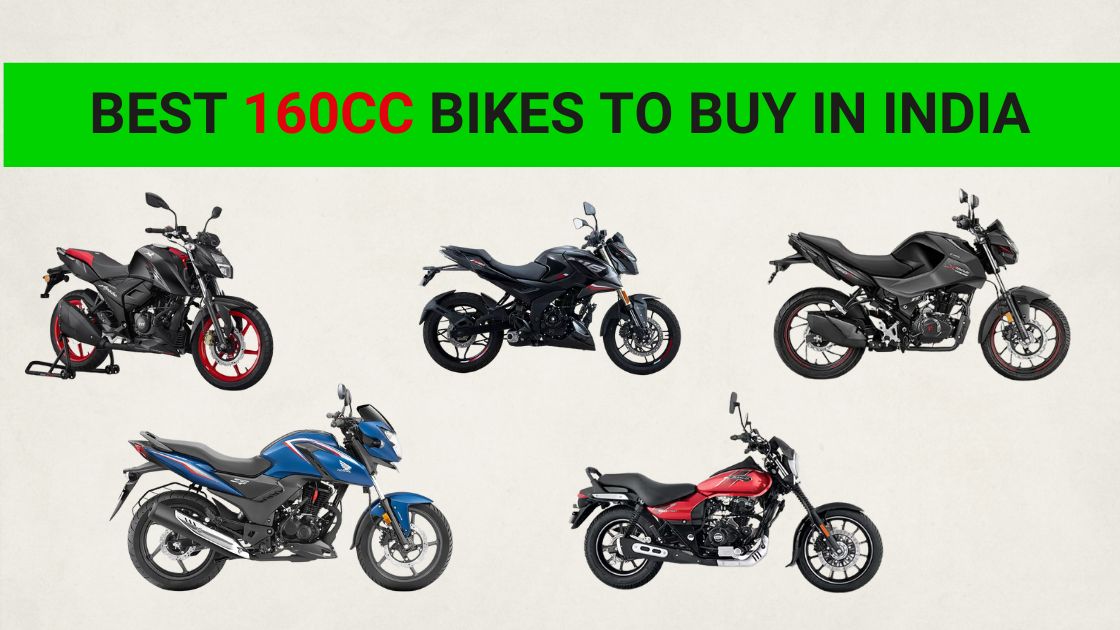
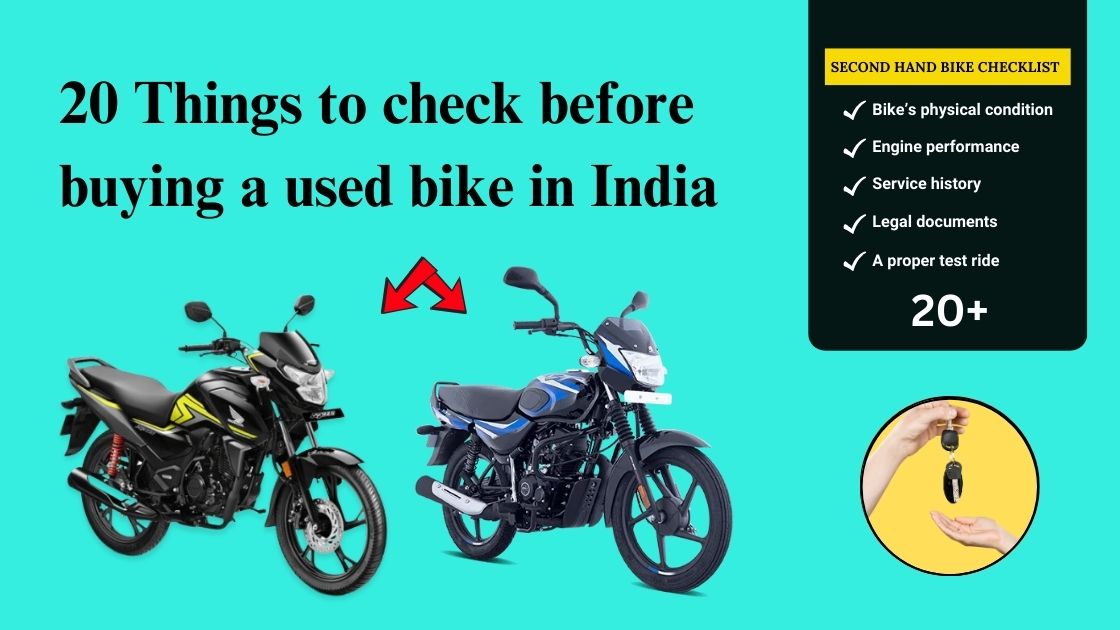

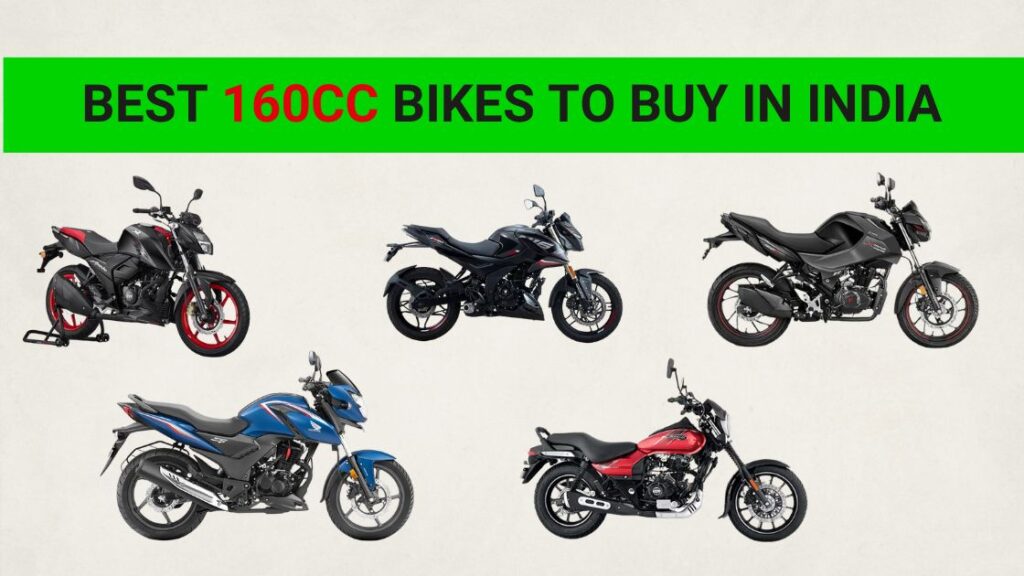
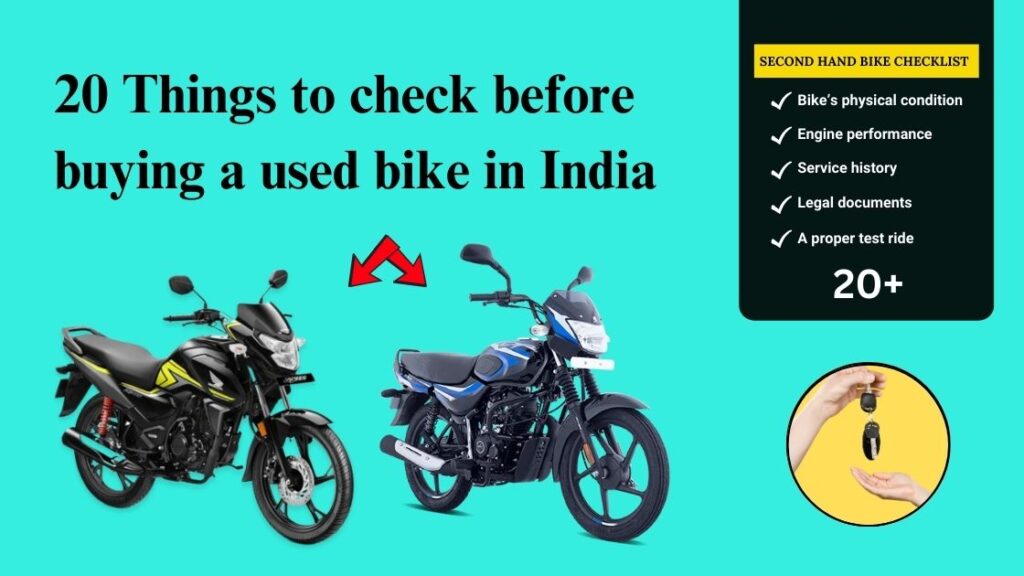
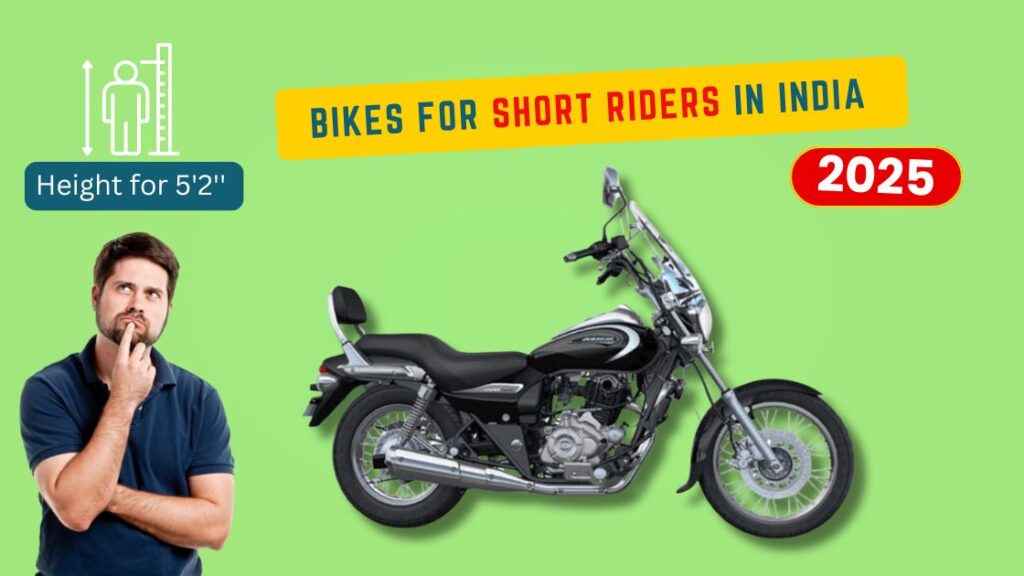
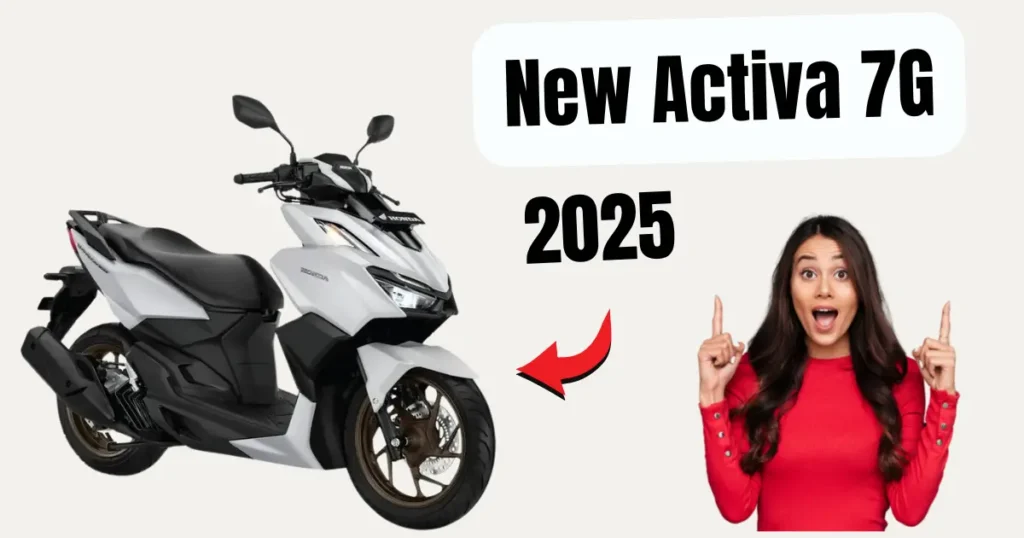
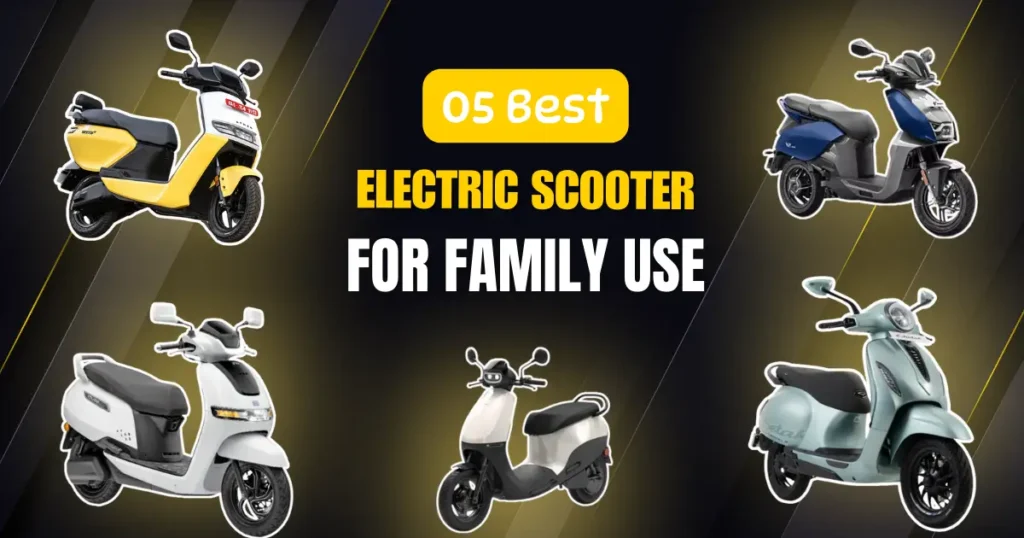
This tips help me to increase fuel efficiency of my bike.. keep sharing this type of helpful content
Thanks for sharing this all tips, this tips really help me sir to Increase mileage of my bike. Thanks for shearing such a helpful article.